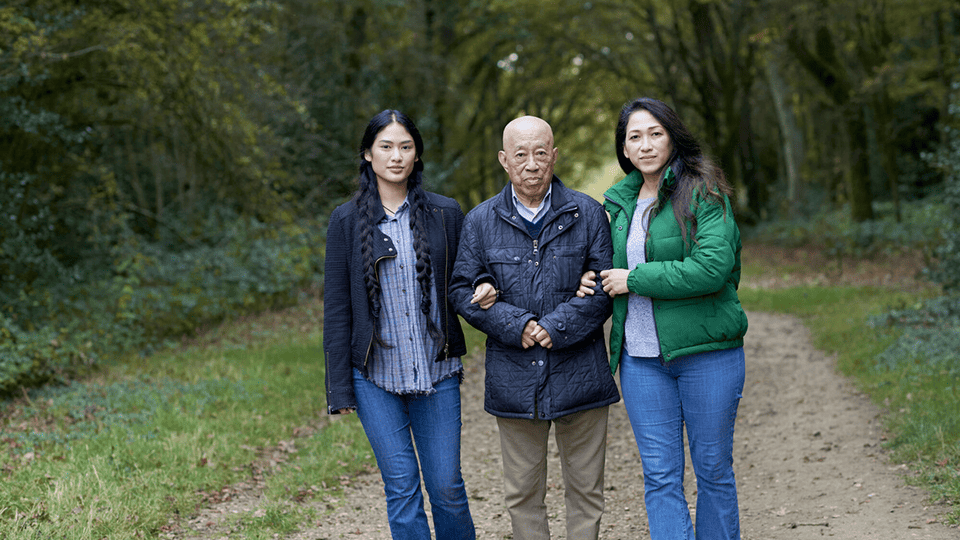
Navigating the pressures of being a young carer
Admiral Nurse Lizzie Harrison provides support strategies for young people caring for someone with dementia.

Our newly created Consultant Admiral Nurse service for the LGBTQ+ community is an exciting step for Dementia UK.
At Dementia UK, we are committed to providing every family affected by dementia with tailored, specialist support that meets their unique needs – including those that are often overlooked by health and social care services.
Our newly created Consultant Admiral Nurse service for the LGBTQ+ community is an exciting step for Dementia UK. It serves to represent the needs of people within the LGBTQ+ community, their families and carers, raising awareness of the challenges they face and advocating for inclusive and affirmative care.
The service will provide clinical guidance to members of the LGBTQ+ community, their families and carers; as well as support in raising awareness, promoting inclusivity within the services we provide, influencing policy work, research and developing educational resources.
Members of the LGBTQ+ community face many challenges and obstacles, particularly in accessing health care services. This can lead to poor health outcomes and people avoiding accessing timely support due to fear of judgement or discrimination.
Having this service in place will ensure inclusivity remains at the core of the care and support we provide. It will reassure members of the community that they can access support from Dementia UK without fear of judgement, creating a safe space to share concerns and seek help with issues relating to dementia.
Every day, members of the LGBTQ+ community face challenges such as:
Currently, clinic appointments with the Consultant Admiral Nurse for the LGBTQ+ Community are available every Tuesday between 10am and 4pm. If you are unable to attend an appointment on the available clinic day, please call our Helpline on 0800 888 6678 (Monday-Friday 9am-9pm, Saturday and Sunday 9am-5pm) or email helpline@dementiauk.org to discuss an alternative day.
If you prefer, you can book a phone or video appointment with an Admiral Nurse.

Admiral Nurse Lizzie Harrison provides support strategies for young people caring for someone with dementia.

We asked children of all ages to submit drawings that describe their experience of dementia. We received a host of brilliant entries which we will be proudly displaying in a pop-up exhibition in London’s Paternoster Square between Monday 11th March and Sunday 17th March 2024.

Our Chief Admiral Nurse and Chief Executive, Hilda Hayo, talks about the legacy of Wendy Mitchell.